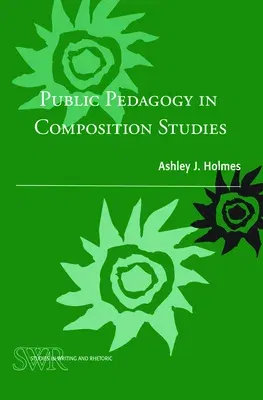How many of us have difficulty remembering specific moments of
learning in classrooms but vividly recall gaining knowledge through
experiences outside our college or university walls? In the long term,
how distinctive and memorable are the courses that remain within
traditional spaces and follow a well-worn path toward teaching and
learning?
Public Pedagogy in Composition Studies demonstrates how theories of
public pedagogy can help composition specialists relocate teaching and
learning within local public contexts beyond the classroom or campus,
where true learning and transformation take place through the
dissonances between people and places. Ashley J. Holmes argues for
public approaches to pedagogy and administration based on comparative
analyses of three case studies conducted within the writing programs at
Oberlin College, Syracuse University, and the University of Arizona.
After analyzing competing theories of public pedagogy, she highlights
specific composition pedagogies that invite students to go public,
provides administrative strategies for going public in writing programs,
demonstrates the value of drawing on institutional histories to support
public pedagogies, and addresses some of the affective responses that
may arise for students, community partners, and teachers when we situate
our pedagogies in public sites beyond the classroom, suggesting a model
of reciprocal care.
In a cultural context that questions the relevance of much college
instruction, Holmes recognizes that "we need to demonstrate our worth in
material ways that positively impact our communities and that publicly
document our efforts."

